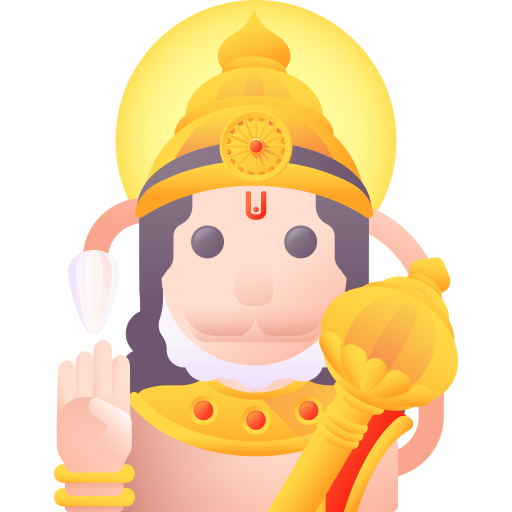
















How Ramnavami Inspires Acts of Gratitude and Thankfulness: Recognizing and Appreciating the Blessings of Life
Ramnavami is a significant Hindu festival that celebrates the birth of Lord Rama, one of the most revered incarnations of the Hindu God, Vishnu. This auspicious occasion falls on the ninth day of the Chaitra month in the Hindu calendar and is observed with great devotion and enthusiasm by millions of people around the world. The festival is not only a time for prayers and rituals but also serves as a reminder to reflect on the teachings and virtues of Lord Rama, such as righteousness, integrity, and compassion. One of the key aspects that resonate with this festival is the spirit of gratitude and thankfulness it inspires in individuals.
Acts of Gratitude and Thankfulness
Ramnavami serves as a reminder for individuals to recognize and appreciate the blessings in their lives. The stories and teachings associated with Lord Rama are filled with instances of gratitude, whether it be towards his parents, his subjects, or even his adversaries. Through these tales, individuals are encouraged to acknowledge the goodness in their own lives and express gratitude for it. The festival inspires people to reflect on the positive aspects of their lives, such as their loved ones, health, opportunities, and basic necessities. It cultivates a sense of contentment and satisfaction with what one has rather than constantly yearning for more. Gratitude encourages individuals to focus on what they have rather than what they lack, leading to a mindset of abundance and positivity. The celebration of Ramnavami also involves acts of charity and service towards those less fortunate. This practice of giving back to the community and helping those in need is a powerful expression of gratitude. By sharing their blessings with others, individuals not only make a positive impact on society but also deepen their own sense of appreciation for what they have. Recognizing and Appreciating the Blessings of Life: Ramnavami is a time for individuals to count their blessings and express their gratitude for the good things in their lives. One way this is often done is through prayer and offerings at temples dedicated to Lord Rama. By actively participating in these rituals, individuals acknowledge the divine source of their blessings and seek to show their thankfulness. Another common practice during Ramnavami is reading or listening to the Ramayana, the epic story of Lord Rama's life. Through this text, individuals learn about the importance of gratitude, duty, and righteousness. The examples set by Lord Rama and other characters in the story serve as guiding lights for how one can lead a life filled with gratitude and appreciation. Participating in community celebrations and events during Ramnavami also reinforces the spirit of gratitude and thankfulness. These gatherings provide an opportunity for people to come together, share their blessings, and express their collective appreciation for the teachings of Lord Rama. The sense of unity and camaraderie fostered during this time further strengthens the bonds of gratitude among individuals.
Deep Insights (FAQ)
Q.What are some traditional customs associated with Ramnavami?
Traditional customs include fasting, offering prayers, reading the Ramayana, visiting temples, and participating in community celebrations.
Q.How does Ramnavami promote gratitude and thankfulness?
Ramnavami inspires individuals to reflect on their blessings, express gratitude for what they have, and engage in acts of charity and service towards others.
Q.Why is Lord Rama considered an embodiment of righteousness and gratitude?
Lord Rama's life and teachings in the Ramayana exemplify virtues such as integrity, compassion, and gratitude, making him a revered figure in Hindu mythology.
Q.How can one incorporate the spirit of gratitude inspired by Ramnavami into their daily life?
By practicing mindfulness, counting blessings, expressing appreciation to others, and engaging in acts of kindness and service, individuals can cultivate a mindset of gratitude in their daily lives.
Q.In what ways does gratitude contribute to overall well-being and happiness?
Gratitude has been linked to improved mental health, increased resilience, stronger relationships, and a greater sense of satisfaction and fulfillment in life.
"Ramnavami serves as a powerful reminder for individuals to pause, reflect, and appreciate the blessings in their lives. Through the celebration of this auspicious festival, people are inspired to cultivate a spirit of gratitude and thankfulness towards the goodness around them. By recognizing and acknowledging the gifts they have received, individuals can not only enhance their own sense of well-being but also foster a greater sense of harmony and connectedness with others. As we celebrate Ramnavami, may we all be reminded of the importance of gratitude and strive to embody its virtues in our daily lives."
